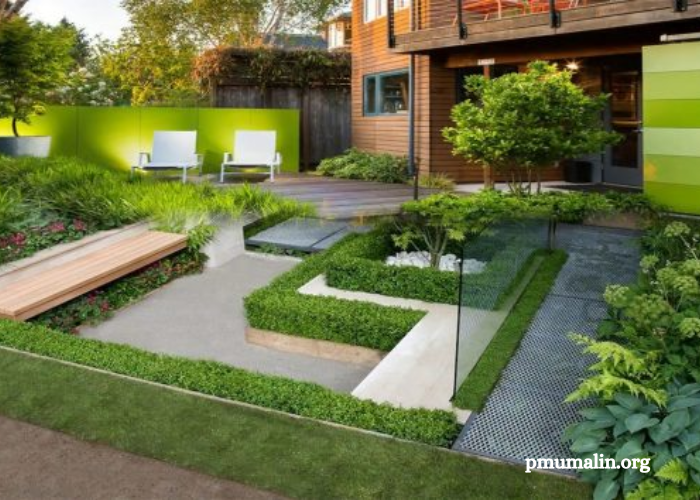In today’s world, where environmental sustainability is a pressing concern, many individuals are turning towards eco-friendly practices to reduce their carbon footprint. One such area where sustainable living can be easily implemented is right in our own homes, starting with our gardens.
By adopting eco-friendly gardening practices, not only can we contribute to a healthier planet, but we can also create beautiful and thriving outdoor spaces. In this article, we’ll explore a variety of eco-friendly garden ideas that promote sustainability and help you create a greener, more environmentally conscious garden oasis.
Choosing Native Plants for Your Garden
One of the most effective ways to promote sustainability in your garden is by choosing native plants. Native plants are naturally adapted to the local climate, soil, and wildlife, requiring minimal water, fertilizer, and pesticides to thrive.
By planting native species, you can reduce the need for chemical inputs and create habitats for local wildlife, including pollinators like bees and butterflies. Additionally, native plants often have deep root systems that help prevent soil erosion and improve soil health, making them ideal choices for eco-friendly gardening.
Implementing Water Conservation Techniques
Water is a precious resource, and conserving it in the garden is essential for sustainable living. There are several water conservation techniques that you can implement to reduce water usage in your garden. One such technique is mulching, which helps retain soil moisture and suppresses weed growth.
Using rain barrels to collect rainwater for irrigation is another effective way to reduce water consumption. Additionally, incorporating drought-tolerant plants into your garden design can further minimize the need for supplemental watering, making your garden more resilient to dry conditions.
Adopting Organic Gardening Practices
Organic gardening is a cornerstone of eco-friendly gardening, as it eliminates the use of synthetic fertilizers and pesticides that can harm the environment and human health. Instead, organic gardening relies on natural methods to nourish plants and control pests. Composting kitchen scraps and yard waste to create nutrient-rich soil amendments is a key practice in organic gardening.
Additionally, companion planting, crop rotation, and using beneficial insects are effective strategies for pest management in organic gardens. By adopting organic gardening practices, you can create a healthier and more sustainable garden ecosystem.
Creating Habitat for Wildlife
Gardens can play a vital role in supporting local wildlife populations by providing food, shelter, and nesting sites. To attract wildlife to your garden, consider incorporating native plants that provide nectar, pollen, and seeds for birds, bees, and other animals. Installing bird feeders, bird baths, and nesting boxes can also encourage birds to visit and breed in your garden.
Additionally, leaving some areas of your garden untamed, such as wildflower meadows or brush piles, can provide a habitat for small mammals, reptiles, and insects. By creating a wildlife-friendly garden, you can contribute to biodiversity conservation and enjoy the beauty of nature right in your backyard.
Using Sustainable Materials and Practices
When designing and maintaining your garden, it’s important to consider the environmental impact of the materials and practices you use. Opt for sustainable materials such as reclaimed wood, recycled plastic, and natural stone for hardscape elements like raised beds, pathways, and retaining walls.
Avoid using chemically treated lumber or synthetic fertilizers that can leach harmful substances into the soil and water. Instead, choose organic soil amendments and biodegradable mulches that enrich the soil and break down naturally over time. Additionally, incorporating renewable energy sources, such as solar-powered lights or water features, can further reduce your garden’s carbon footprint.
Conclusion:
Sustainable living starts at home, and the garden is an excellent place to begin incorporating eco-friendly practices into your daily life. By choosing native plants, conserving water, adopting organic gardening practices, creating a habitat for wildlife, and using sustainable materials and practices, you can create a beautiful and environmentally conscious garden that benefits both you and the planet. So roll up your sleeves, grab your gardening tools, and start cultivating your piece of sustainable paradise today!
